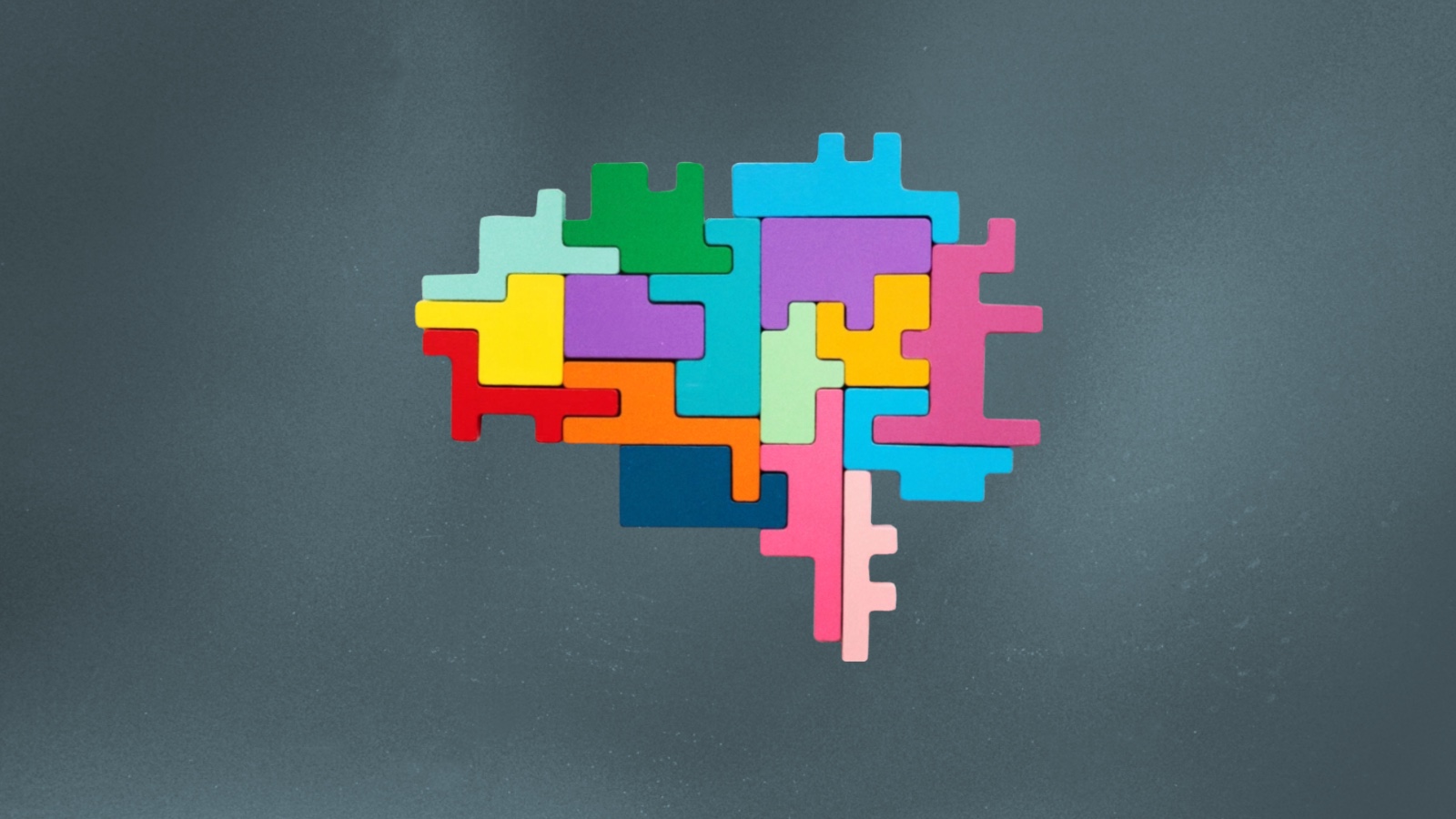How your brain can predict the future

- Two systems work together to predict the future based on past actions or events stored in the brain.
- Researchers worked with people with Parkinson's disease or cerebellar degeneration to test their hypothesis.
- Researchers compared how people with these conditions used temporal clues respond to specific tests.
The brain uses many complex mechanisms for both timing and predicational actions. Scientists have found that we anticipate times and events within two distinct parts of the brain. Whether you’re interacting with a familiar stimulus like the push of the gas pedal before the light turns green or preemptively bobbing your head to a popular song, your brain is interacting with both the past and an inferred future to make a decision or thought.
New research out of UC Berkeley supports the notion that these different ways of keeping time are split within the brain. Assaf Breska, lead researcher and postdoctoral researcher from UC Berkeley, says:
“Whether it’s sports, music, speech or even allocating attention, our study suggests that timing is not a unified process, but that there are two distinct ways in which we make temporal predictions and these depend on different parts of the brain.”
The study was published in the Proceedings of the National Academy of Science journal.
These two systems together help us to both live in the present and anticipate what’s to come.
How your brain predicts future events through anticipatory timing
Researchers studied how anticipatory timing differed between people with Parkinson’s disease and cerebellar degeneration
Two types of timing were of concern to them: rhythmic timing, which is related to the basal ganglia, and interval timing, which is related to the cerebellum. These are both important for prime brain areas that are responsible for movement and cognition.
In order to test the different degrees of anticipatory timing, the researchers used temporal clues to gauge participants’ attention levels.
“To address these issues, we tested individuals with cerebellar degeneration or Parkinson’s disease, with the latter serving as a model of basal ganglia dysfunction, on temporal prediction tasks in the subsecond range.”
Each group viewed a sequence of red, white and green squares as they sped along on a screen. They were told to push a button when they saw a green square. The white square served as an alert that the green square would pop up next.
The next sequence of color changing squares consisted of the same colored squares flicking to a steady rhythm. It was found that cerebellar degeneration patients responded well to these cues.
Another sequence followed a more complex pattern with a more randomized interval of red and green squares. This was found to be easier for those with Parkinson’s disease.
“We show that patients with cerebellar degeneration are impaired in using non-rhythmic temporal cues while patients with basal ganglia degeneration associated with Parkinson’s disease are impaired in using rhythmic cues,” says researcher Richard B. Ivry.
Two systems in the brain responsible for predicting the future
Neuroscientists now believe that these results confirm the brain does utilize two separate mechanisms for anticipatory timing, those being both placed in the basal ganglia and the cerebellum.
Breska says:
“Our results suggest at least two different ways in which the brain has evolved to anticipate the future… A rhythm-based system is sensitive to periodic events in the world such as is inherent in speech and music… And an interval system provides a more general anticipatory ability, sensitive to temporal regularities even in the absence of a rhythmic signal.”
Their results challenge current theories that state the brain uses a single system to handle all timing actions.
The researchers think that they’ll be able to develop specialized methods for helping people with damage to one of their timing systems. Some of these things could include games designed to train the faulty and affected part.





